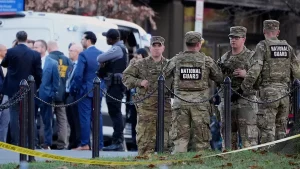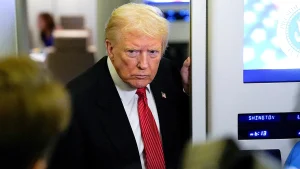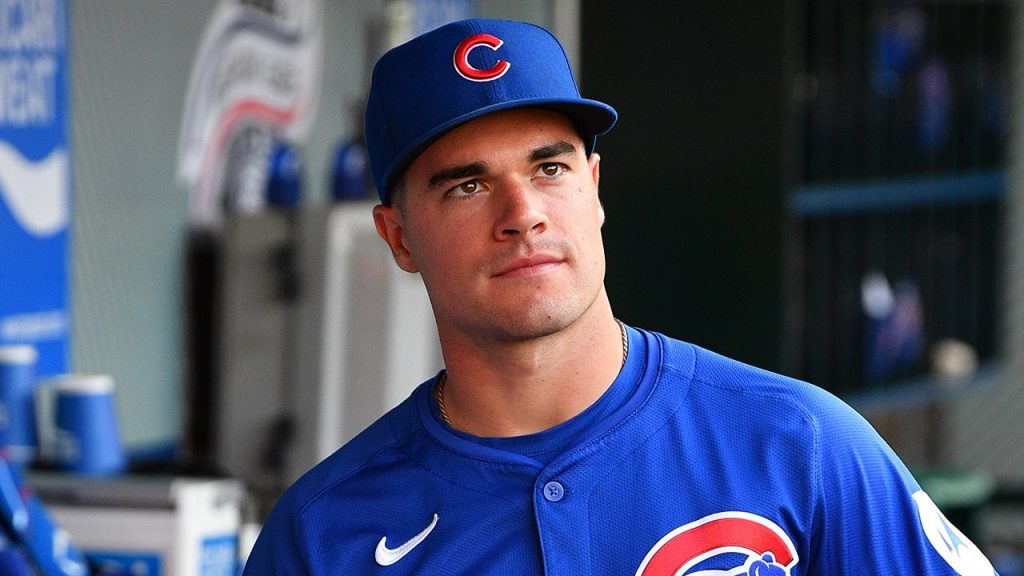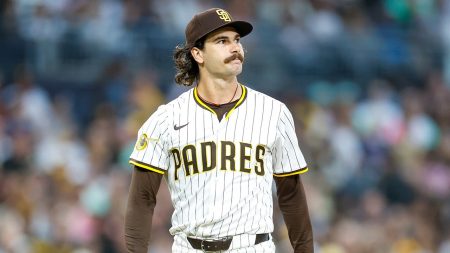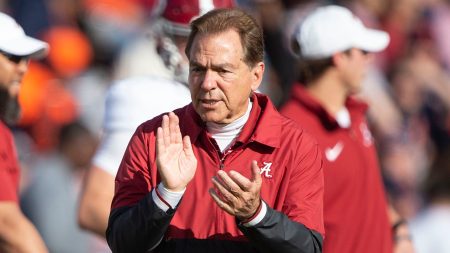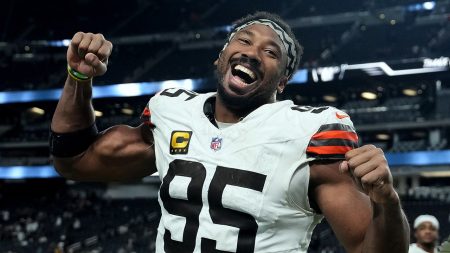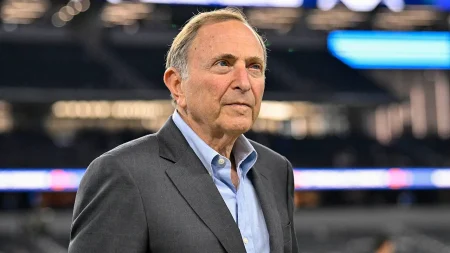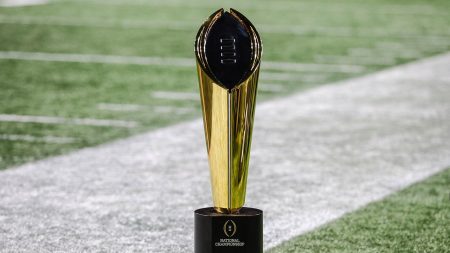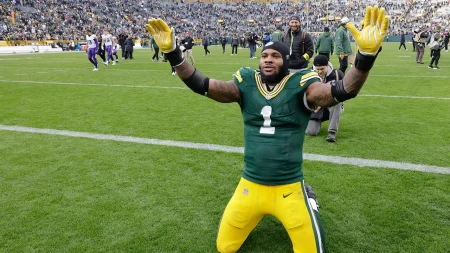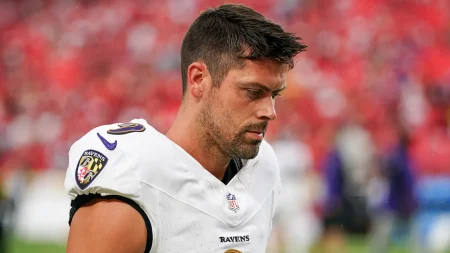Controversy Erupts Over Cubs Player’s Decision to Attend Memorial Service
In a heated exchange that sparked debate across the sports media landscape, New York Mets play-by-play announcer Gary Cohen found himself at the center of controversy after criticizing Chicago Cubs third baseman Matt Shaw for missing a game to attend Charlie Kirk’s memorial service in Arizona. The criticism, which came during Tuesday night’s broadcast between the Mets and Cubs, prompted sharp rebuttals from WFAN radio hosts Gregg Giannotti and Boomer Esiason during their Wednesday morning show. Cohen had expressed disapproval of Shaw’s decision to leave his team during a pennant race, stating, “The thought of leaving your team in the middle of a race for any reason other than a family emergency really strikes me as weird.” His broadcasting partner, former MLB player Todd Zeile, added that the situation was “unusual” and “unprecedented” from his experience as a player.
The controversy touches on the delicate balance between professional obligations and personal values, with Shaw explaining that his connection to Kirk was rooted in their shared Christian faith. “My connection with Charlie was through our faith,” Shaw told reporters before Tuesday’s game against the Mets. “And that’s something that drives me every day, the reason why I’m able to do what I do every day.” Despite the Cubs being in a tight playoff race, Shaw made the decision to attend the memorial after Kirk’s widow, Erika, personally reached out to him given their friendship. Shaw described Kirk, who was from Arlington Heights, a northern Chicago suburb, as “one of the biggest Cubs fans I ever met,” highlighting the personal connection that influenced his decision.
WFAN’s Giannotti was particularly passionate in his defense of Shaw, saying, “Matt Shaw saw his friend get shot and killed, got shot in the neck in front of his family and his wife requested that he be there. And Gary Cohen’s got a problem with that because the Cubs are in a pennant race? Have we lost all touch with reality here?” Both radio hosts took issue with Cohen’s claim that he didn’t want to discuss “any of the politics of it,” with Esiason pointing out that merely raising the topic made the situation political. Giannotti further questioned whether Cohen’s reaction would have been different if the deceased had not been a politically polarizing figure, asking, “Was it because Charlie Kirk had a political platform that Gary Cohen disagrees with, so now it’s weird a baseball player goes over there?”
The situation raises important questions about the intersection of sports, personal relationships, and professional responsibilities. Cohen suggested that Shaw’s absence did not fall under MLB’s bereavement policy, a point Giannotti dismissed as irrelevant: “Who gives a crap? If he wants to go to that, he can go to that.” The radio host directed his frustration not at Shaw but at Cohen’s reaction, saying, “Don’t be mad at him. Why you’re mad, why you care, I have no idea. But be mad at the Cubs who granted him the ability to go.” Indeed, Shaw had spoken with Cubs manager Craig Counsell and teammates before making his decision, indicating the team had accepted his choice to attend the memorial.
Shaw has been forthright about his reasoning, emphasizing that his faith guides his life and decisions. “The reason Charlie and I connected so close was because of our faith,” he explained. “That’s something that drives me every single day, something that I think about all the time.” Despite the criticism, Shaw appears at peace with his decision, acknowledging that “whatever backlash comes is OK. I feel strong about my faith and that what was meant to be happened.” His comments reflect a deeply personal perspective on balancing professional commitments with spiritual and personal values, suggesting that for some players, the game of baseball—despite its importance—exists within a broader context of personal relationships and beliefs.
While Cohen has built a reputation as an excellent broadcaster whose life has been deeply intertwined with baseball, Giannotti was careful to note that this disagreement wouldn’t change his overall opinion of Cohen: “I, quite frankly, didn’t like his commentary, and I’m not going to now dislike Gary Cohen over it. He’s a great broadcaster. He’s been a part of my life for a long time. I thought it was completely unnecessary.” This measured response indicates that even in disagreement, there’s room for nuance and recognition of a person’s broader contributions and character. The controversy ultimately illuminates the complex relationship between professional athletes’ responsibilities to their teams and their personal lives—a balancing act that players, teams, and commentators will continue to navigate in different ways based on their own values and priorities.
The debate surrounding Shaw’s decision reminds us that athletes are more than just players on a field—they are human beings with relationships, beliefs, and values that extend far beyond the game. As Shaw eloquently expressed, “I just want to make sure that I can give that back to people, that I can support people around me, that I can love people around me the same way that I’ve been blessed.” In a sports landscape often dominated by statistics, standings, and playoff races, Shaw’s choice represents a moment where personal conviction took precedence over professional obligation, sparking a conversation about what truly matters in the larger context of life beyond the diamond.
